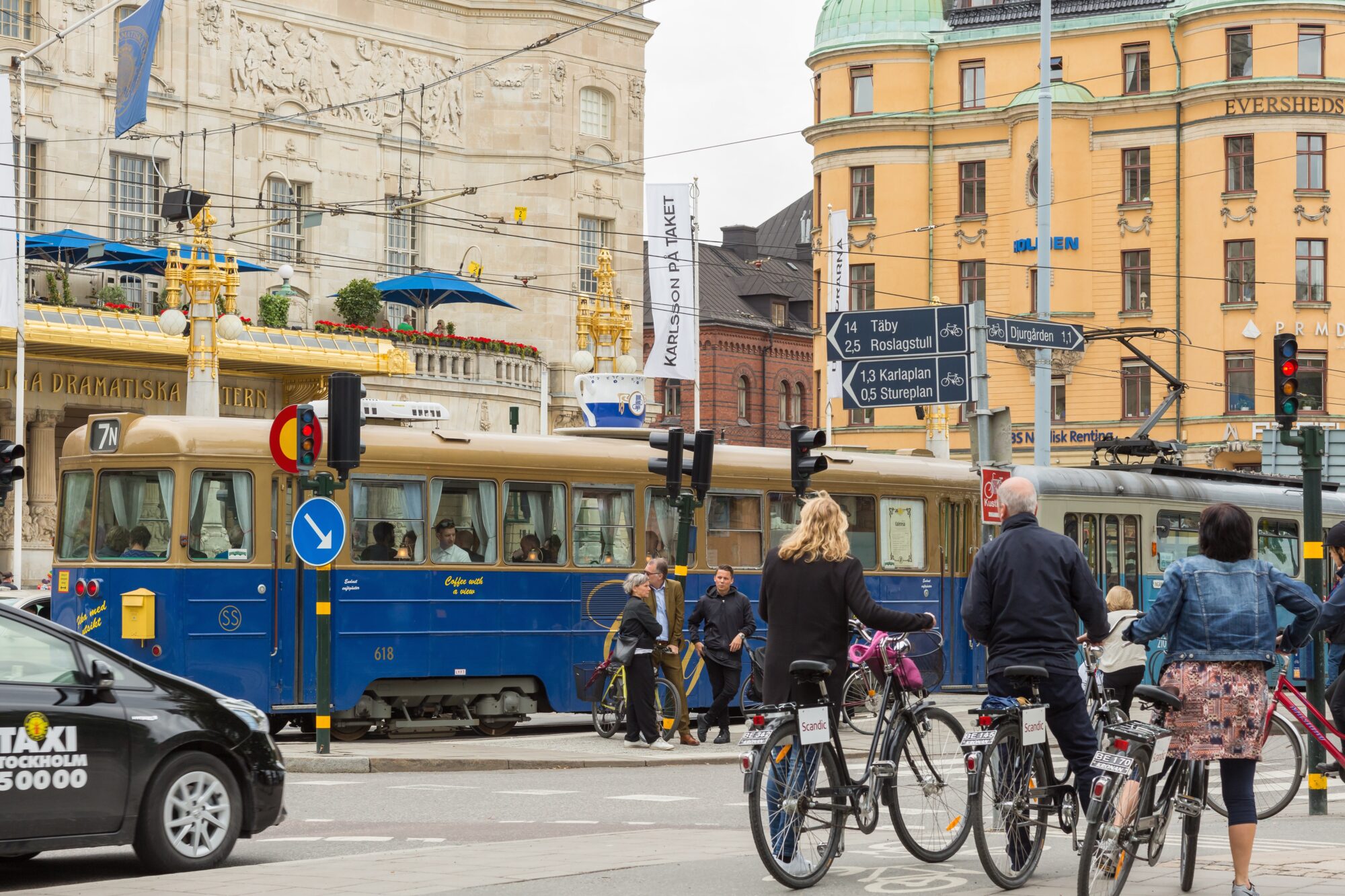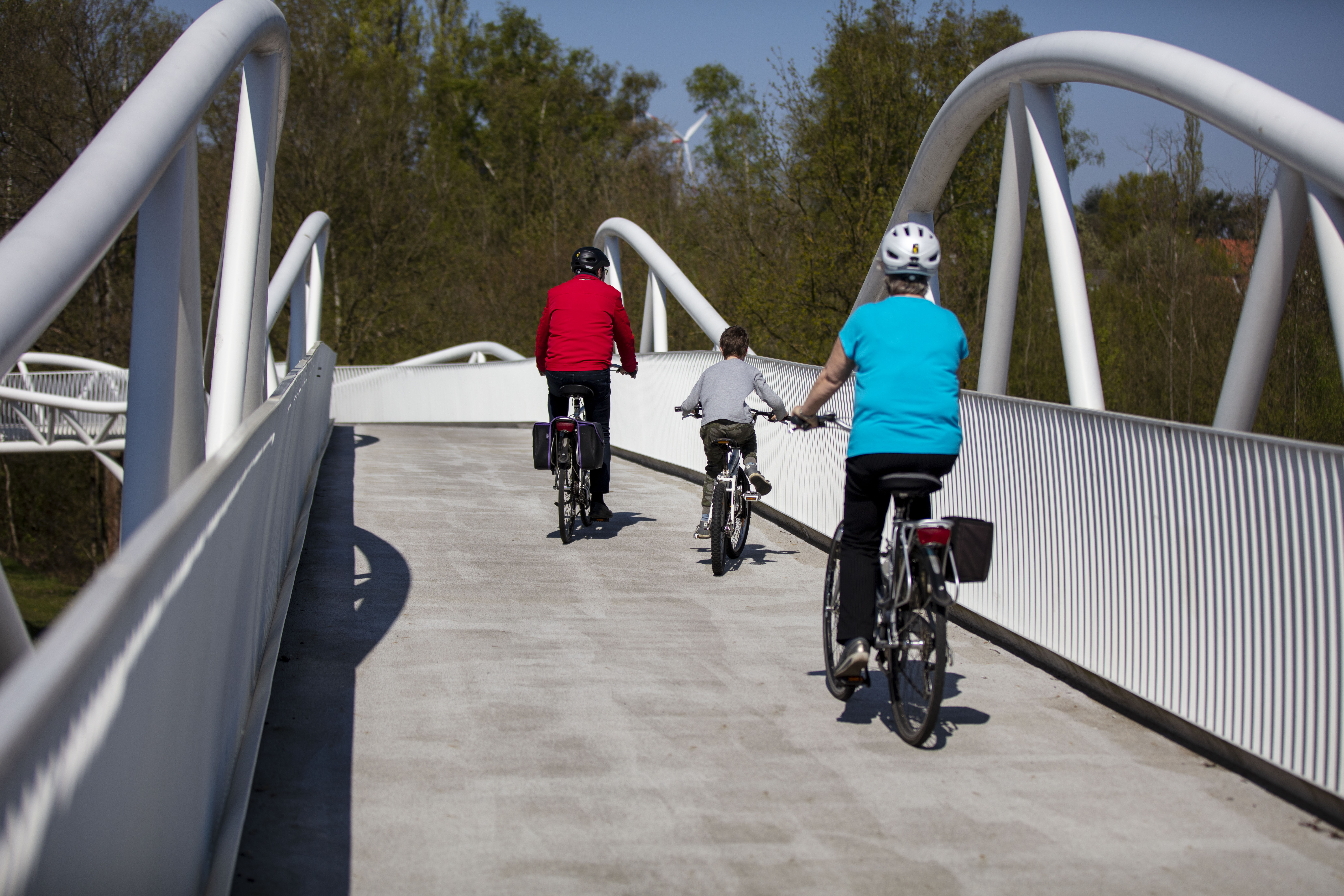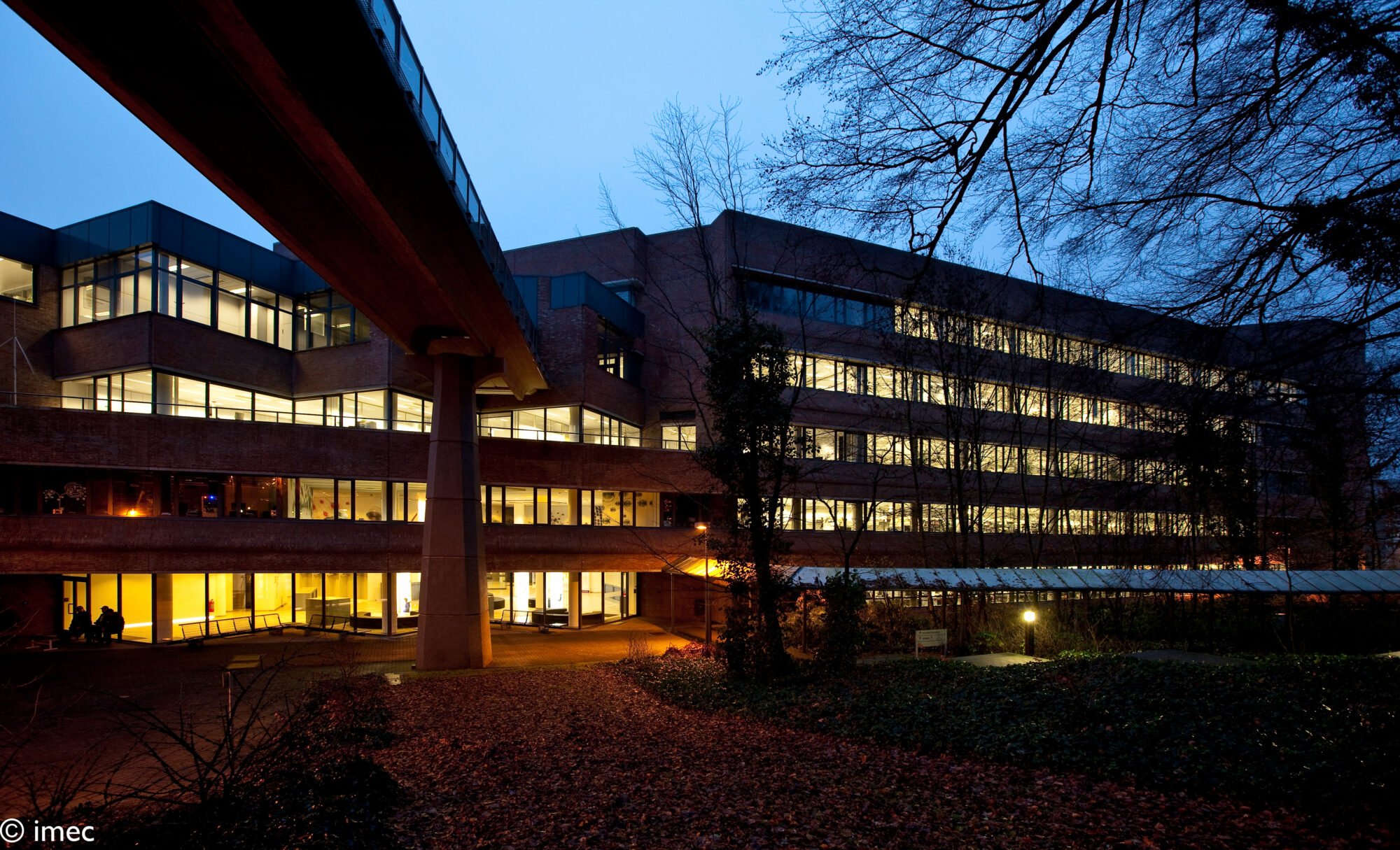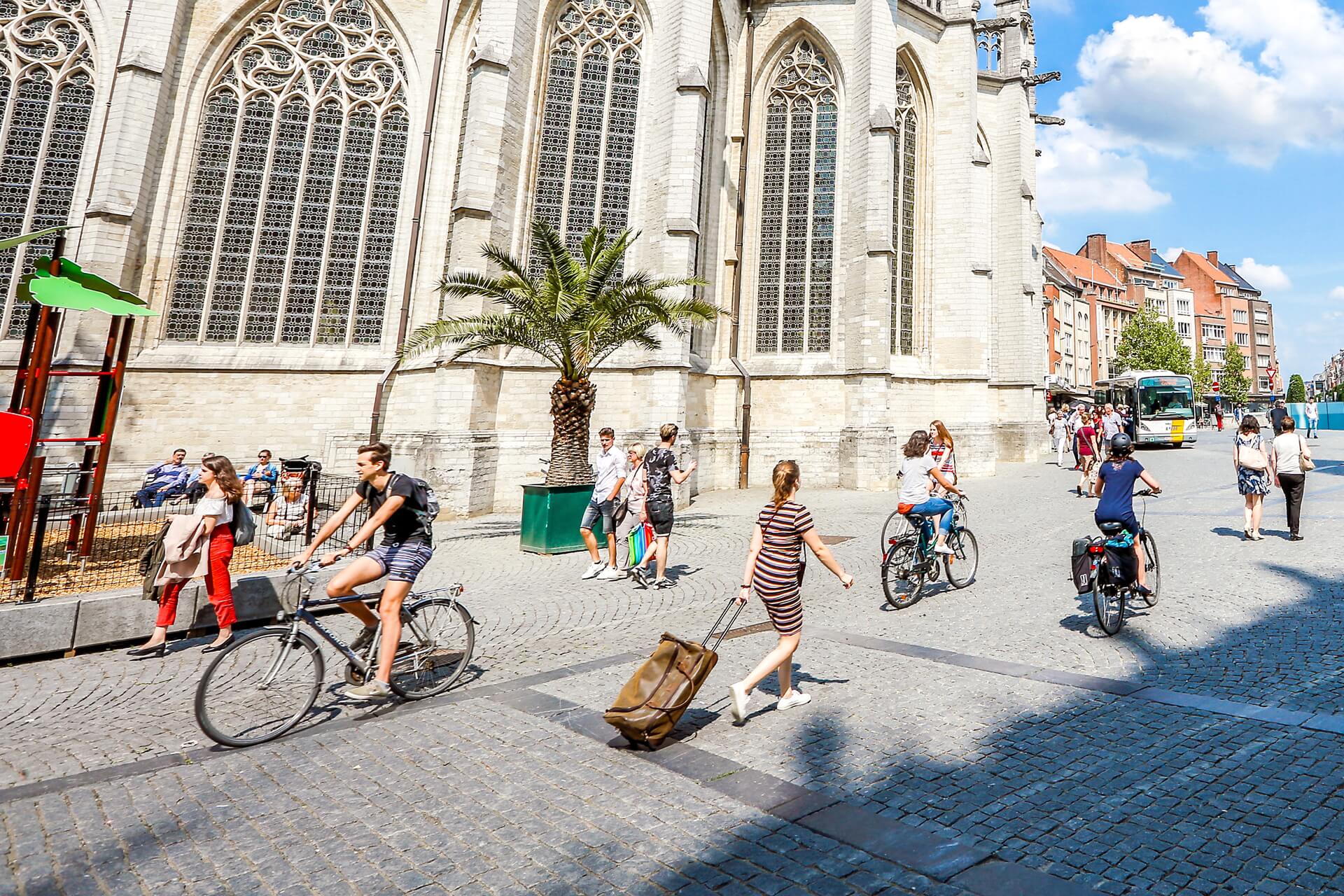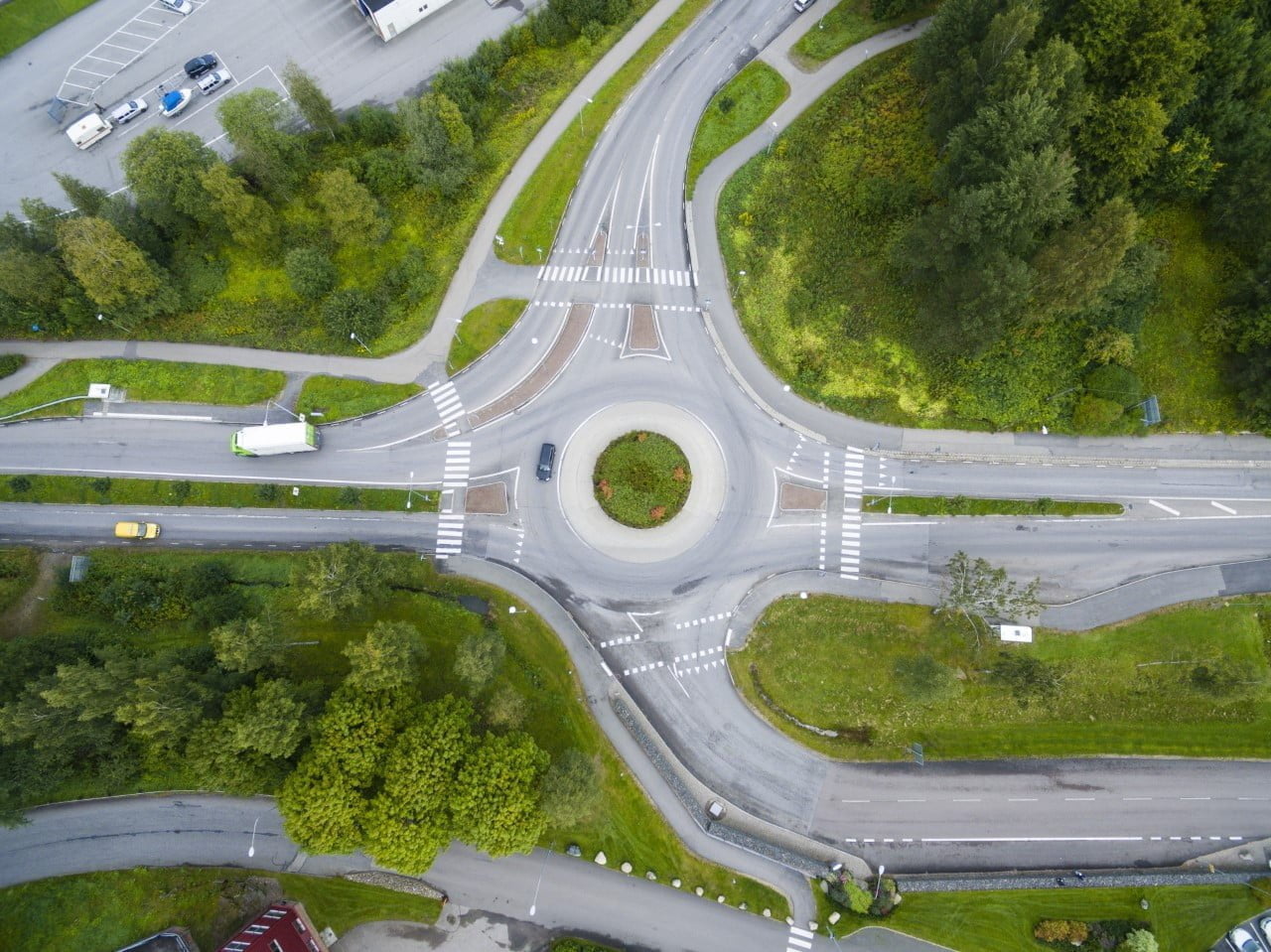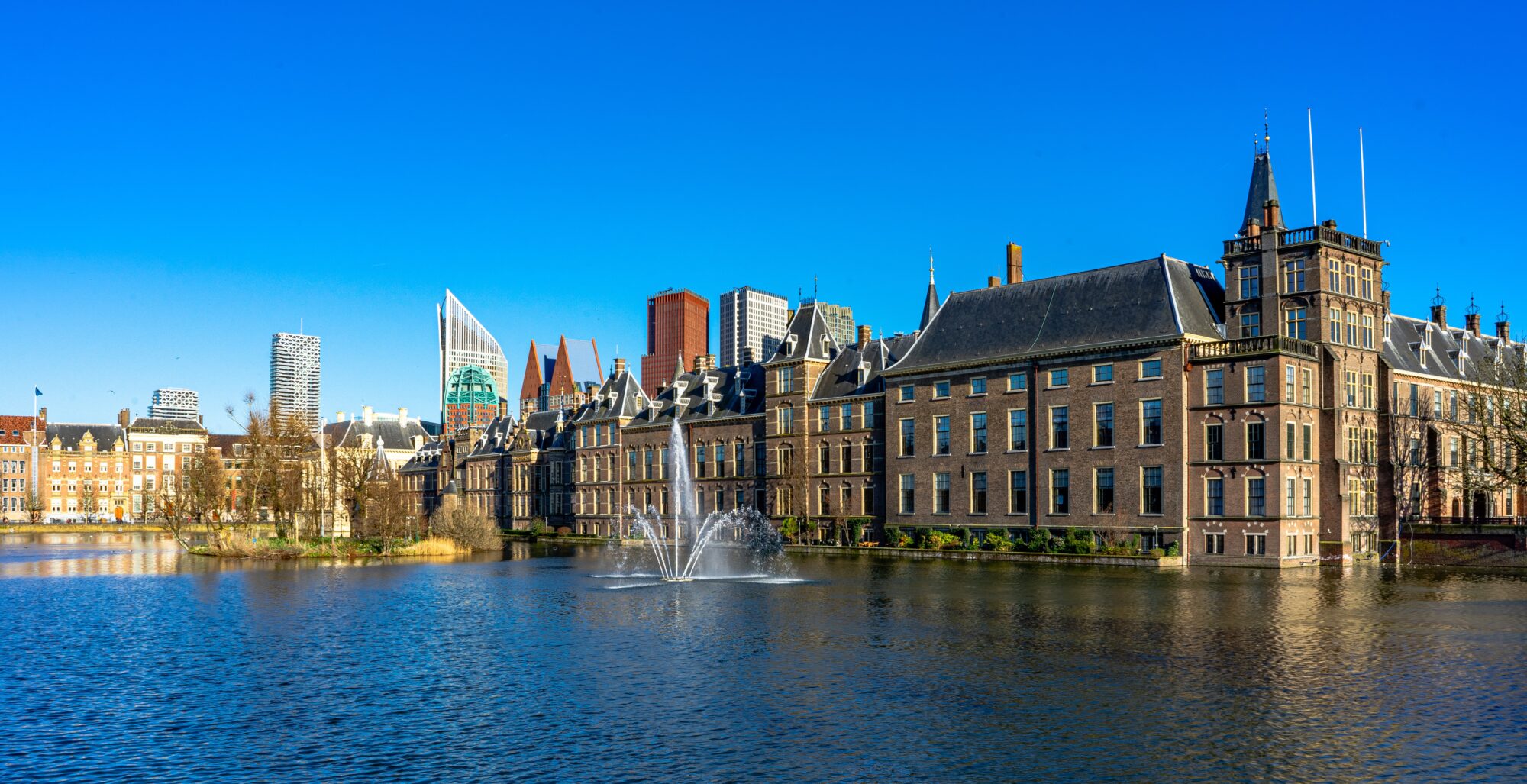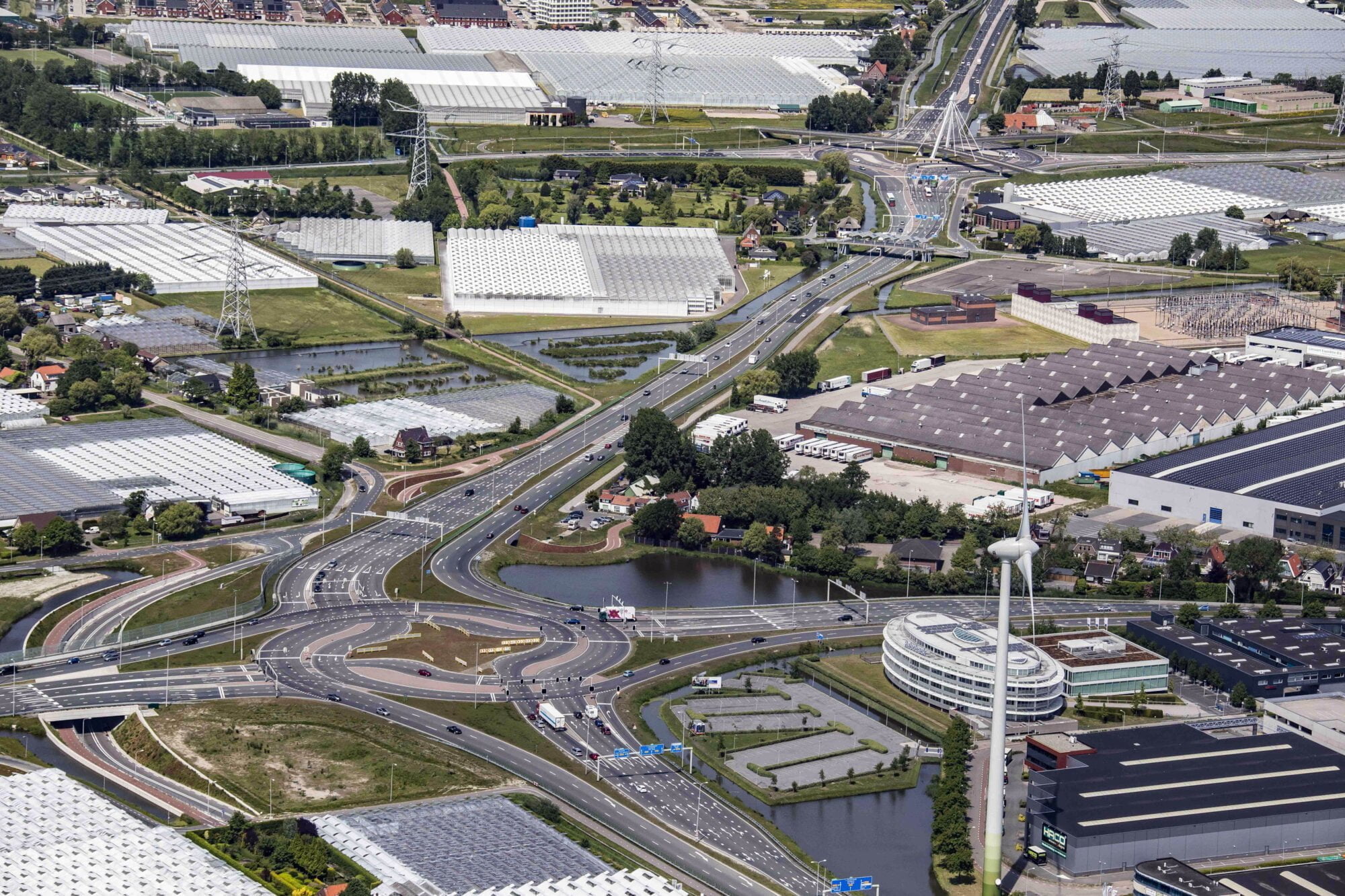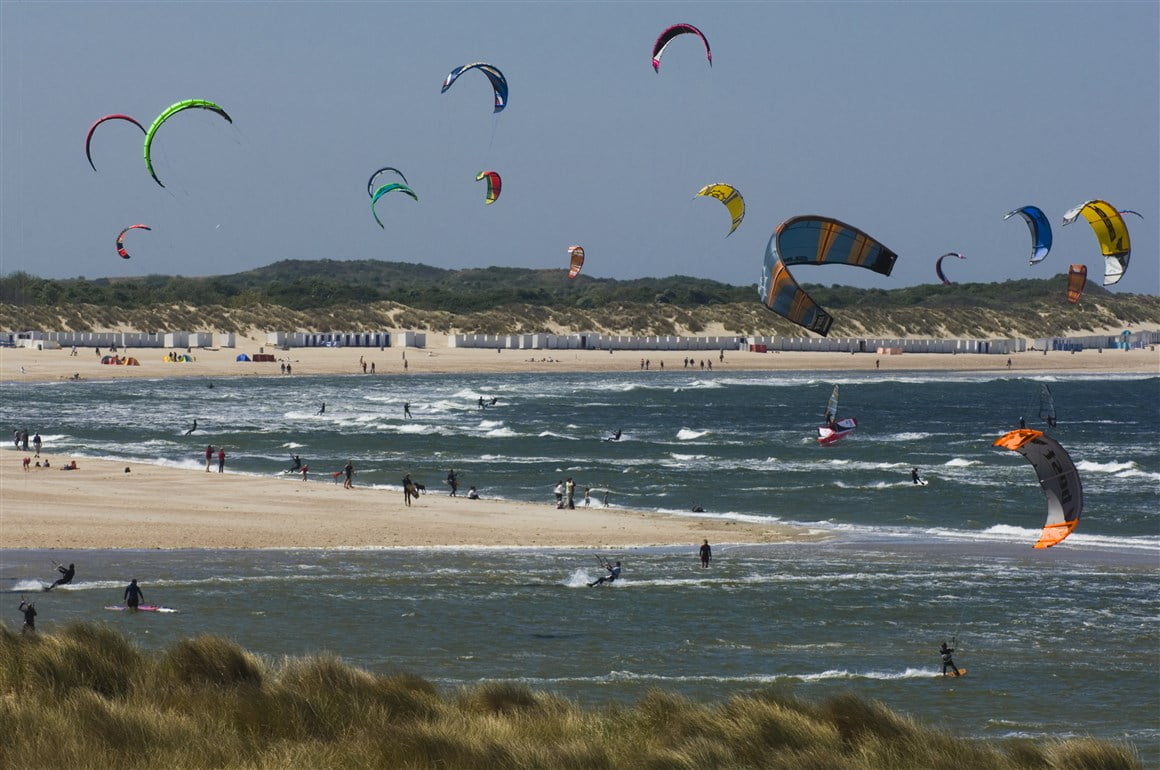POLIS grows faster than ever!
2023 has been a big year for POLIS, and the network has continued to expand, welcoming new cities, regions, and associate members, who are seeking to transform their urban mobility for a smarter more sustainable future.
Cities and regions are at the frontline of the battle for a more sustainable world. They are where some of the fastest and most dramatic environmental changes are occurring, while at the same time facing ever-growing pressures from population growth and growing socio-economic divisions.
They are also, however, the most impressive locale for positive action. From School Strikes to School Streets, urban citizens and local policymakers alike have led concerted- and even brave- responses, pushing for more sustainable and inclusive cities.
At the heart of this has been the transformation in urban mobility. Urban mobility is responsible for almost one-quarter of the European Union’s greenhouse gas emissions from the transport sector- while congestion is inhibiting local economies, and lack of safety is costing lives.
POLIS’ growing membership reflects the growing recognition from cities, regions and knowledge institutes across the globe, that more sustainable, more inclusive and smarter urban mobility is critical for the fight against environmental change, bridging socio-economic divisions, and re-building business.
So who are the new faces on the scene?
The Hague
The Hague is a city and municipality of the Netherlands, situated on the west coast facing the North Sea. It is the country's administrative centre and its seat of government, and with a population of over half a million, it is the third-largest city in the Netherlands.
Their vision is that mobility must serve the larger challenges of the city such as liveability, well-being, climate change, and the need to build homes. Mobility is thus not the goal but the means to an end. The mobility transition is seen as the necessary development of the mobility system which will keep the city accessible, liveable and road-safe over the coming decades.
Genk
Genk, located in the province of Limburg, Belgium, is a vibrant and innovative city with a population exceeding 67,000.
 “In joining the POLIS network, we aim not only to share insights on transport innovations and contribute to the knowledge pool but also to learn from our European peers. Our involvement with POLIS will facilitate shaping urban mobility policies and practices that embody our commitment to a greener, more sustainable future,” they state.
“In joining the POLIS network, we aim not only to share insights on transport innovations and contribute to the knowledge pool but also to learn from our European peers. Our involvement with POLIS will facilitate shaping urban mobility policies and practices that embody our commitment to a greener, more sustainable future,” they state.
Indeed, Genk already works closely with surrounding cities and towns, and Hasselt and Genk have developed a combined Sustainable Urban Mobility Plan (SUMP).
IMEC
Imec is an independent non-for-profit organisation working with companies, start-ups and academia. to accelerate progress towards a connected, sustainable future. The researchers, project managers and developers have years of experience on the (urban) mobility and logistics topic, and have the technical skills to develop data-driven solutions and A.I. applications.
NOVA Cidade – Urban Analytics Lab of NOVA Information Management School, NOVA University of Lisbon

Credit: NOVA
Based on information management and data science and involving local government, academia and industry, NOVA aims to create sustainable, inclusive, resilient cities. Their lab explores responding to the climate emergency, promoting decarbonisation and the energy transition in a move to the circular economy.
Province of Zeeland
Zeeland is a province of the Netherlands with a central position between the port cities of Rotterdam and Antwerp and between the North Sea.
The province seeks to create accessible, fast, smart, safe, sustainable and affordable mobility for all. This is a challenge in a region with a sparse population, however, Zeeland is ready to cooperate in smart and innovative solutions to deal with this dilemma.
“It is important to work closely with regional stakeholders, like municipalities, but also with social and economic organisations such as the Cyclists’ unions. A well-connected region is necessary to make widely supported policy decisions,” they say.
KU Leuven
KU Leuven is the largest University in Belgium with its main campus located in Leuven and several campuses across Flanders.
KU Leuven has always had a strong research expertise in mobility and sustainability. However, up until recently, this expertise was spread across different faculties and campuses of our university. KU Leuven now wants to pay explicit attention to interdisciplinarity by establishing several new institutes, such as the KU Leuven Institute for Mobility (LIM) and the KU Leuven Urban Studies Institute (LUSI).
“Becoming a member of POLIS will allow us to identify collaboration and funding opportunities on a European level for research on sustainable urban mobility. We are very excited to join the working groups as their topics align with the expertise of our institutes’ members,” they say.
VTI- Swedish National Road & Transport Research Institute
The Swedish National Road and Transport Research Institute (VTI), is an independent and internationally prominent research institute in the transport sector.
Their principal task is to conduct research and development related to infrastructure, traffic and transport, and they are dedicated to the continuous development of knowledge about the transport sector.
Antwerp
The city of Antwerp is located in the northern part of Belgium. It is the second-largest city in the country and Europe’s second-largest port.
Its urban and port areas face a complex mobility situation and experience major infrastructural works. Situated on 3 TEN-T corridors, Antwerp has to reconcile major flows of commuters, citizens and visitors with freight and (urban) logistics transport.
“Our main goal is to reach and maintain a modal shift, while at the same time keeping the city liveable, (and reachable) for all transport modes and in balance with its role as the economic powerhouse of Flanders and Belgium,” Koen Kennis, Antwerp’s Deputy Mayor told the upcoming issue of POLIS’ Cities in Motion magazine.
“Collaboration with POLIS matches with the ambition of Antwerp to be a leading European city in innovative, sustainable and smart mobility.”
Westland
The municipality of Westland is growing, diverse and ambitious. Westland is one of eight municipalities in the Province of South Holland with more than 110,000 inhabitants and is home to one of the largest economies in the Netherlands, the Greenport.
To ensure a smooth and safe flow of traffic, the municipality of Westland is therefore focusing on fast, comfortable and separate routes for cyclists and pedestrians, making better use of and solving bottlenecks on existing roads, but also on a fast, frequent and comfortable high-quality public transport system also referred to as the public transport scale leap.
Boras
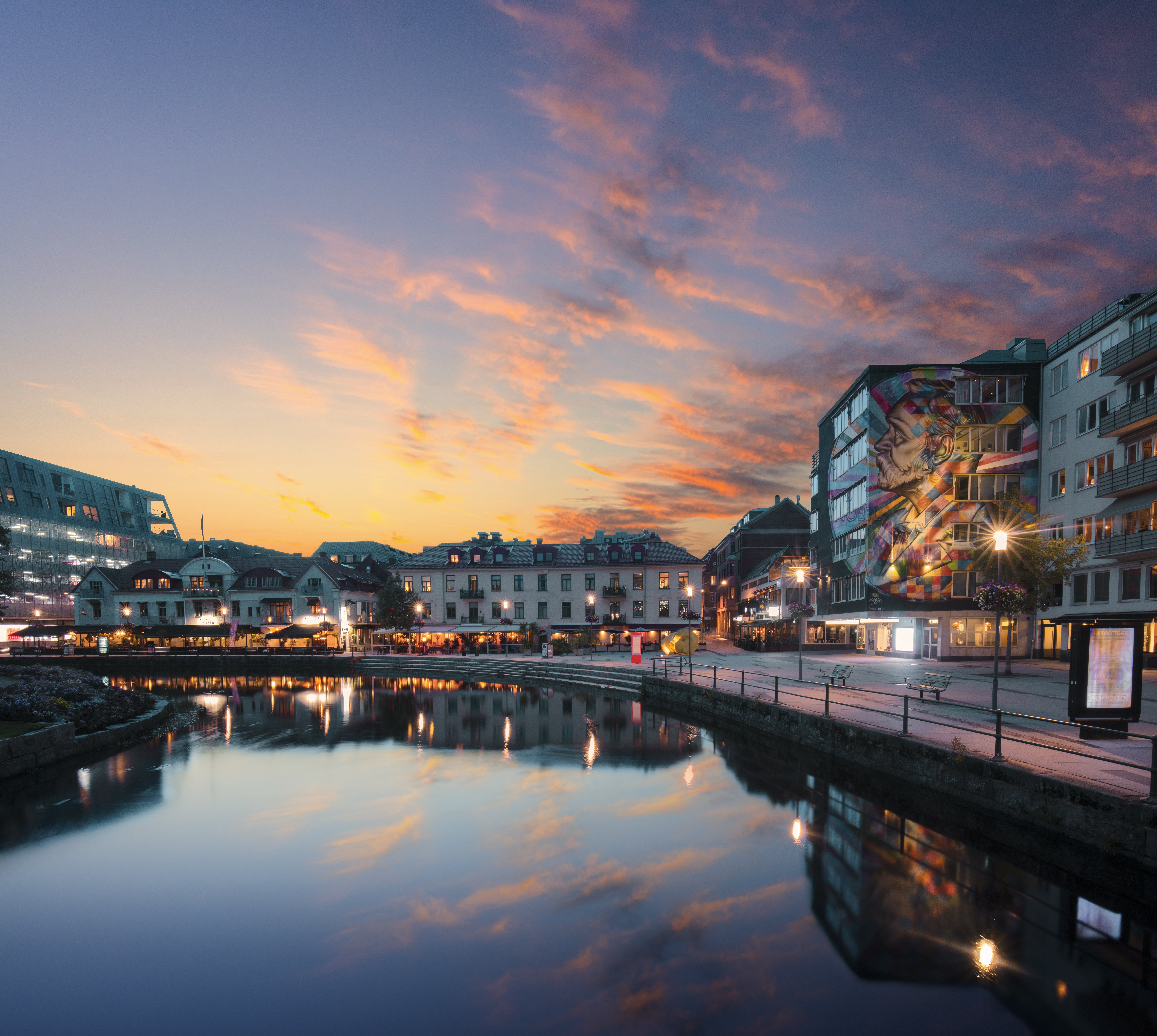
Credit: Jacob Sjöman
The City of Borås is a municipality located in the western part of Sweden. As an urban centre, the city strives to be at the forefront of sustainable urban development and has set ambitious goals for reducing greenhouse gas emissions and improving energy efficiency.
Many people in the region travel to and from the municipality of Borås every day. However, they do not currently have a robust public transport link, prompting higher volumes of car traffic. To improve the connection between the various local council districts, they want to develop the infrastructure.
Want to know more about POLIS membership?
POLIS Membership is open to all European (also non-EU) local and regional authorities including cities, provinces, and regions, as well as to their transport authorities, mobility agencies and local public transport organisations.
Associate Membership is open to entities which are not eligible for full membership such as associations, research centres and universities with an interest in local and regional transport. Associate members do not take part in the internal decision-making process of POLIS and do not vote in the General Assembly.
Non-European cities can become engaged in the network as associated members and link up with their European counterparts via the POLIS Global Platform.
Find out more HERE
